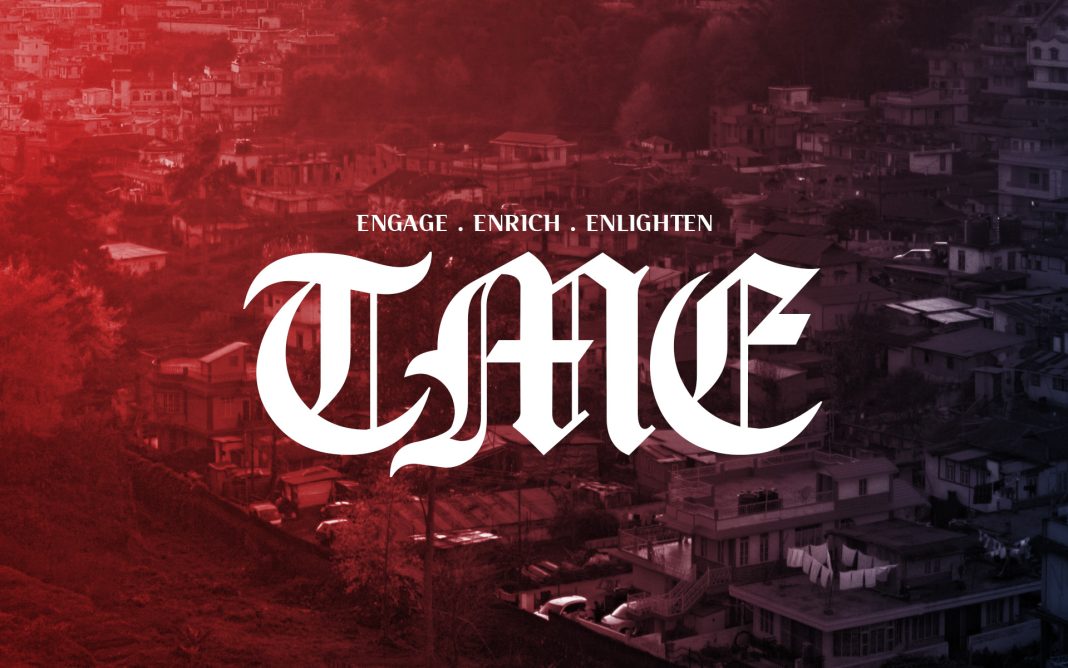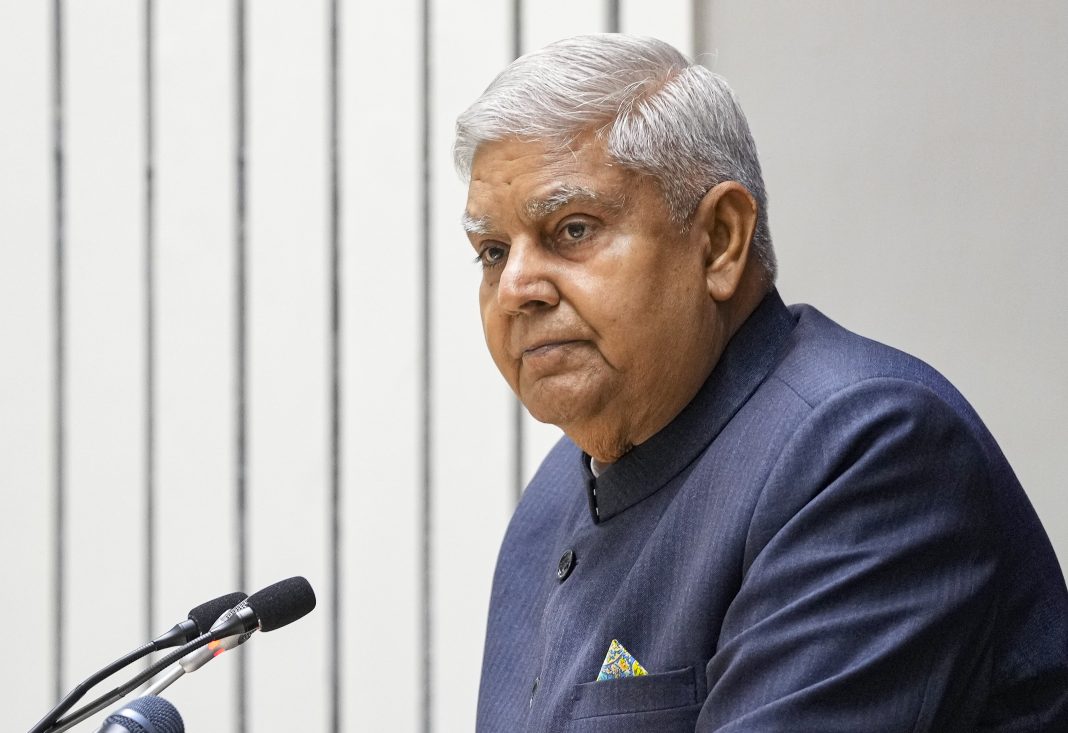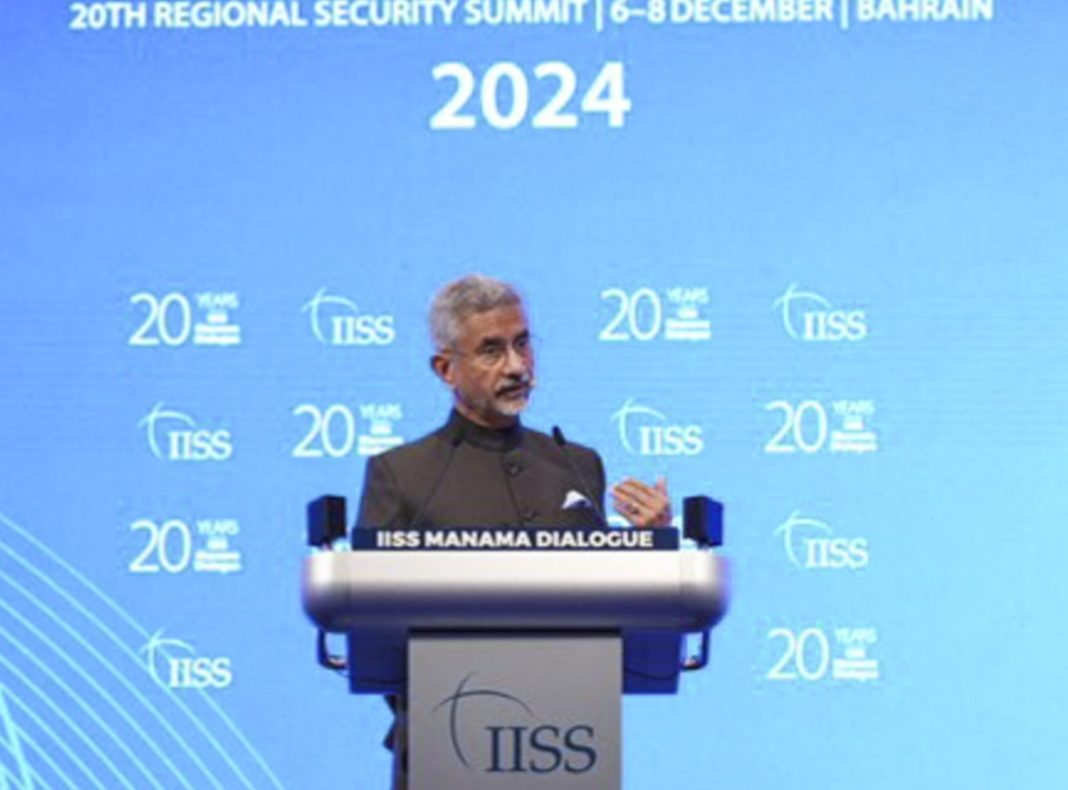New Delhi, Dec 8: Pakistan’s intelligence agency ISI has reportedly resorted to infiltrating individuals under the influence of drugs or posing as mentally disturbed into India to utilise them to deliver critical messages to hardcore terrorists incarcerated in the country’s prisons.
Officials said that more than 10 such cases have been reported since July this year in which Pakistani nationals have entered India from their country and Pakistan-occupied Kashmir. Many of them have been sent to prisons in Jammu, Punjab and Rajasthan.
The officials said security agencies suspect these individuals are Inter-Services Intelligence (ISI) couriers tasked with relaying important communication to the jailed terrorists wherever possible.
Interrogation of these individuals typically shows that they have been trained in resistance techniques to withstand questioning by security personnel.
The behaviour displayed by those apprehended has raised suspicions among officials, who suggest that their superficial details and evasive responses indicate a potentially larger agenda behind their infiltration, possibly stemming from the fear of repercussions from their handlers.
They explained that the use of mobile phones and the internet leaves behind electronic footprints that could expose the plans of both state and non-state actors operating across the border. As a result, the ISI has adopted this new modus operandi.
The infiltration strategy reportedly includes women and minors, who may also serve as couriers. In a notable incident in July, a minor from Pakistan’s Attock was intercepted in Punjab.
During searches, security personnel discovered a damp paper containing Arabic writing though it was not legible, the officials said.
The ISI’s infiltration tactics have been linked to drug smuggling operations. In one case from Bijnour village in Rajasthan, a Pakistani national posing as mentally disturbed finally spilled the beans during intense questioning that he had been hired by two drug lords in Pakistan — Sarfaraz Johiya and Nawaz — to facilitate narcotics trafficking into India and gather information on the deployment of Border Security Force (BSF) troops.
In another recent incident, a Pakistani youth named Mohammed Asad from Lahore drove to the zero line on his motorcycle and seemingly awaited arrest by the BSF. During interrogation, he claimed to have had a family dispute over his girlfriend.
The officials noted that Asad, who was subsequently moved to prison, may have been acting as a courier. Security agencies have requested additional custody for extended interrogation.
In October, a 31-year-old man who identified himself as Shahid Imran entered India through the Jammu sector, claiming that he wanted to visit a Kali temple to get married.
The officials explained that such infiltrators are generally booked under the Foreigners Act and Passports Act, for which the punishment ranges from two years to eight years in prison and following this, they are deported.
They said that in the late-1990s and early-2000s, ISI exploited the Samjhauta Express, the rail link between India and Pakistan, for covert courier operations, employing individuals known as “sawari operators”.
This service continued until February 2019, when the train service was halted.
The “sawari operators” played a crucial role in smuggling drugs and transporting funds intended to finance terrorist activities in Jammu and Kashmir, as well as Punjab.
However, following a significant crackdown by authorities, these operations were effectively curtailed, leading to the arrest and imprisonment of numerous individuals involved in such activities.
Recent developments suggest that the ISI’s current method of sending couriers mirrors these past tactics.
The officials said that the infiltration strategies being employed now are reminiscent of the past, as the agency seeks new ways to bypass law enforcement and deliver crucial communication and resources across the border. (PTI)




